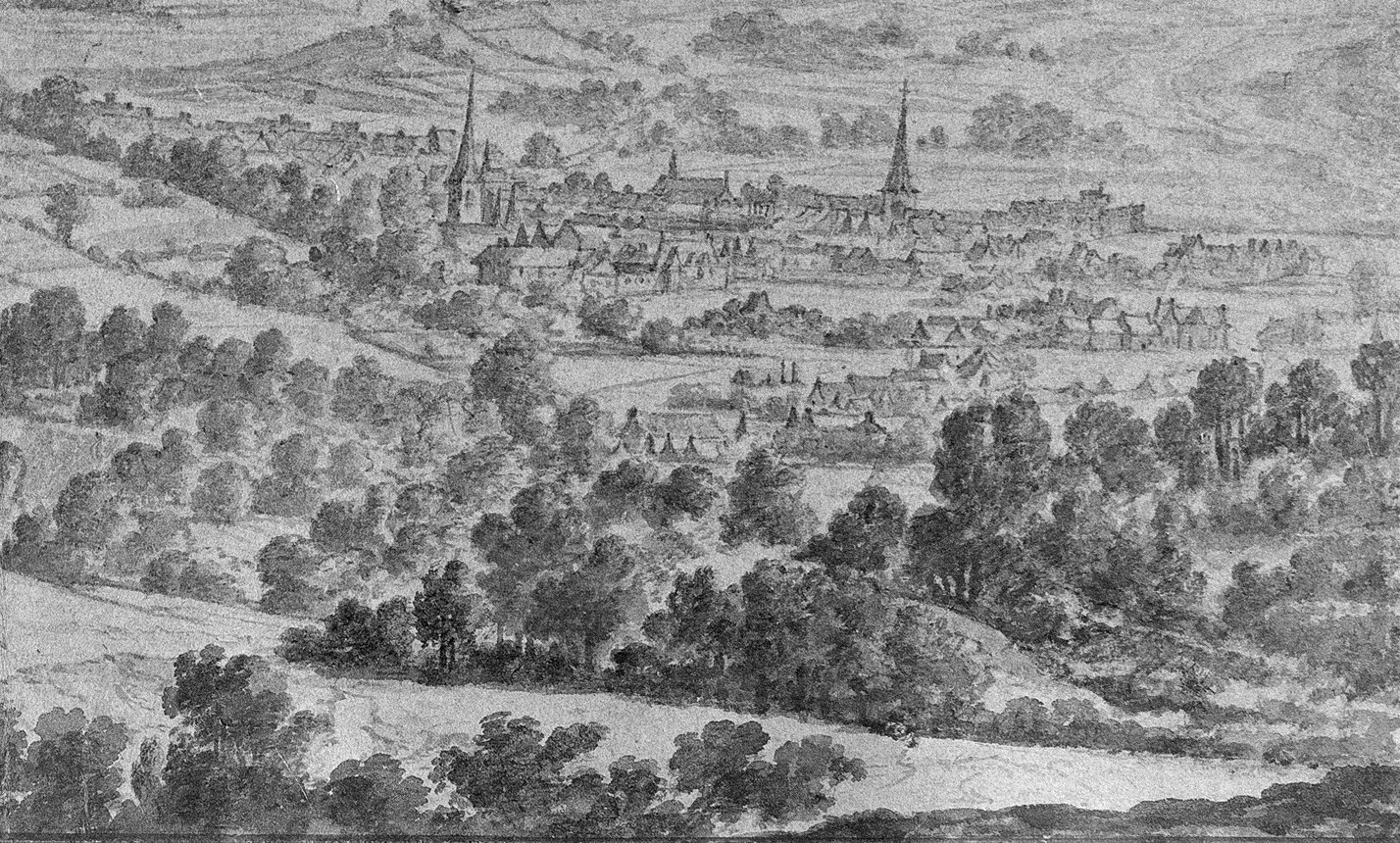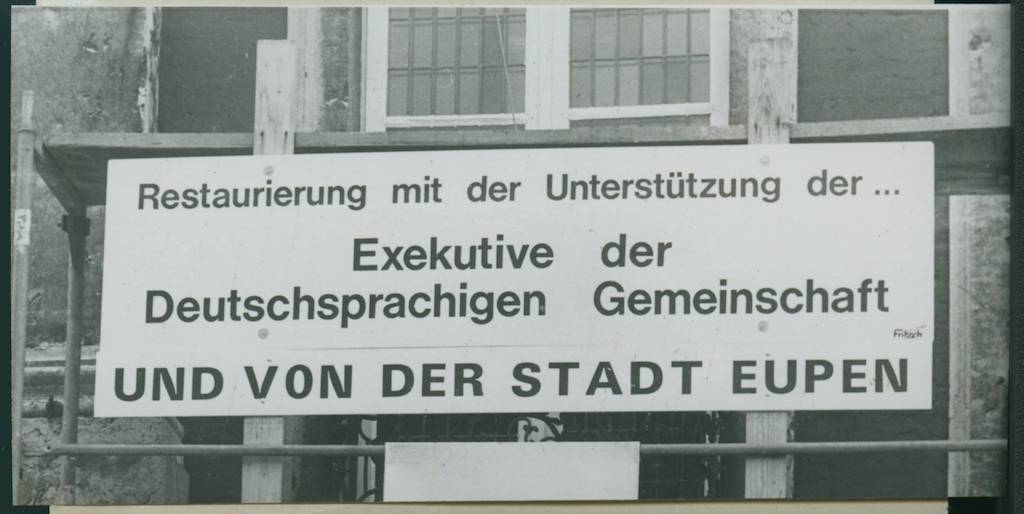Wallonia was the economic engine of Belgium until the 1960s. The Walloon Movement therefore demanded economic autonomy from Flanders. This was to permit more upswing and drive structural change. Wallonia received this economic autonomy through the establishment of the so-called regions in 1980. The German-speaking Belgians became part of the Walloon region.
Several times in history, Walloon politicians referred to the inhabitants of East Belgium as ‘German-speaking Walloons’, sometimes out of ignorance, sometimes as a provocation. Are German-speaking Belgians indeed Walloons and do they feel that way?
To answer this question about cultural identity, it helps to look at UNESCO’s definition of culture: ‘Culture, in its broadest sense, may be regarded as the totality of the unique spiritual, material, intellectual, and emotional aspects that characterise a society or social group. This includes not just art and literature, but also ways of life, fundamental human rights, value systems, traditions, and beliefs.’
Though East Belgium is influenced by French, or Walloon, culture, this is by no means predominant in East Belgium: the East Belgians do not feel Walloon. This also has to do with their identity, of which they predominantly have a negative connotation: the East Belgians seek to distinguish themselves from the Germans and the Walloons, and therefore the overwhelming majority describe themselves as ‘German-speaking Belgians’.
This seems logical as in the 21st century, the ways of life, the history, the value systems, the traditions, the beliefs, and the cultural expressions, such as literature, are very different from those in Wallonia – and to some extent from those in Germany, too.
-
![Michel_Pauly]()
Michel Pauly
Opinion:
‘As a region in itself, there are identity-forming elements in Luxembourg’s culture of remembrance that provide for an overarching Luxembourg national identity. However, it should also be mentioned that localism is no stranger to Luxembourg. A ‘Minetter’ (someone from the ‘Minnett’, the iron ore-rich south of Luxembourg) is not a ‘Miseler’ (someone from the Moselle region). A ‘Stater’ (someone from the capital) is not an ‘Éislécker’ (someone from the Ösling, the north of Luxembourg). In addition, almost every town or village has its own identity. But these local identities are far from having serious secessionist features, as would be the case in Belgium, because they are all part of the Luxembourgish identity, since they all speak the same language – Luxembourgish – with some local peculiarities, and they all belong to a common cultural society, and more similarities link them to each other than opposites would separate them. The national and local identities, as well as the Luxembourgish language and the many different identities and languages of the immigrants in Luxembourg naturally also influence each other, leading to a change and expansion of all the identities involved. From this, in the best case, a new Luxembourgish identity will form in the future, with which every person living here can identify.’
-
![Adeline_Moons]()
Adeline Moons -
Jeroen Petit
Opinion:
‘In Flanders, we have a strong Flemish identity. This has been shaped over the decades, with the Flemish Movement as its biggest advocate. Often, the Flemish identity is distinct from the Walloon one. However, the unique situation of East Belgium cannot be compared to that of Flanders. In Flanders, there were no attempts at complete assimilation. In Flanders, it was mainly the elite who spoke French.’



